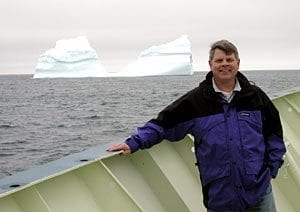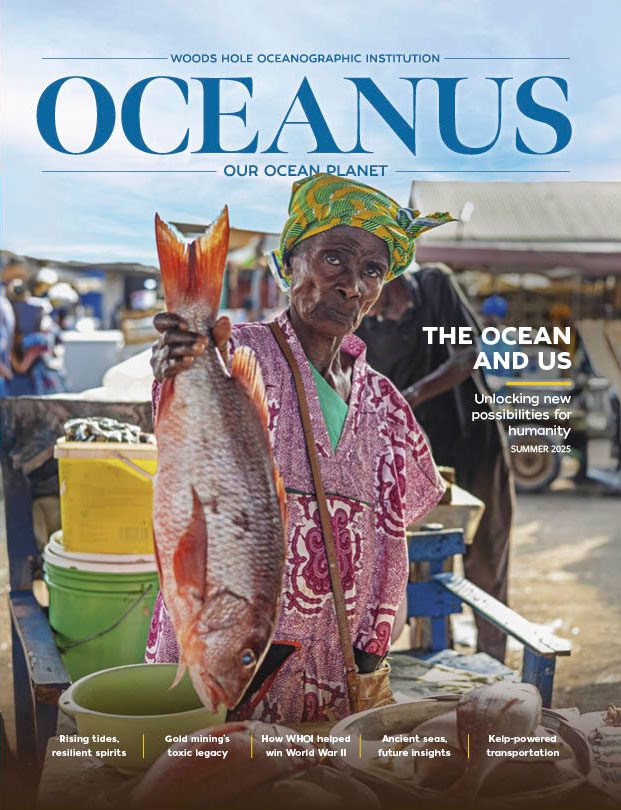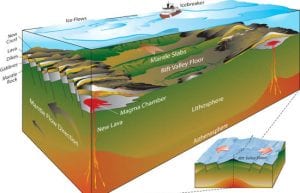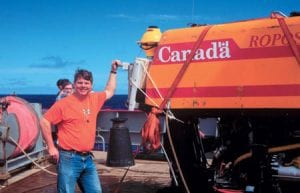Henry J. B. Dick

Henry Dick has been a senior scientist at Woods Hole since 1990. He first became interested in geology as a boy when he found a rock collection in an outbuilding at his grandparents’ home in Vancouver, Washington. His great-grandfather was a geologist sent out west in the 1890s by his uncle, Spencer Fullerton Baird, who also founded the U.S. Department of Fisheries. For his Ph.D. at Yale, Dick backpacked more than 60 square miles of the rugged Kalmiopsis Wilderness in southwestern Oregon, mapping ancient ocean crust and mantle formed at a former island arc. He came to Woods Hole to find out if rocks at mid-ocean ridges were really different from those he’d seen in the Oregon coast ranges and worked with Wilfred Bryan in the Geology and Geophysics Department. The answer proved to be yes, and he had so much fun finding out, that he’s stayed around. Dick works almost exclusively on regions of the earth with an average population density of less than one person per thousand square miles. He is currently involved in the discovery of a new class of ocean ridges found in the Arctic Ocean and around Antarctica with colleagues at WHOI, the University of Tulsa, and the Max Planck Institute in Germany. A lot of his time is spent fishing for broken bits of the earth’s mantle found in great faults along the ocean ridges. He has a remarkably dedicated wife named Winifred and three children, Helene, Spencer, and Lydia, who think their dad goes to sea too much.


